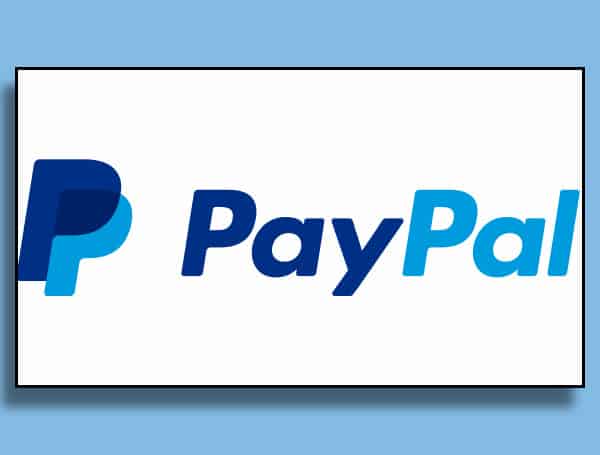American taxpayers who use third-party payment vendors got a reprieve from being hounded by President Joe Biden’s IRS.
The Internal Revenue Service recently announced that it was delaying for a year Biden’s plan to force payment facilitators like PayPal, Venmo, or Zelle to report taxpayers’ transactions totaling more than $600.
The decision keeps in effect the current rule that only transactions totaling $20,000 will be recorded for 2022.
The reduction to $600 was part of the Democrats’ American Rescue Plan, enacted in 2021.
The IRS said it is waiving the requirement for this year to allow such companies to have an “orderly transition” to the lowered reporting regulation.
“The IRS and Treasury heard a number of concerns regarding the timeline of implementation of these changes under the American Rescue Plan,” acting IRS Commissioner Doug O’Donnell said in a statement.
In the news: North Carolina Man Gets Life In Prison For Shooting 5-Year-Old Who Was Riding A Bike
“To help smooth the transition and ensure clarity for taxpayers, tax professionals, and industry, the IRS will delay implementation of the 1099-K changes. The additional time will help reduce confusion during the upcoming 2023 tax filing season and provide more time for taxpayers to prepare and understand the new reporting requirements.”
But the delay does not address the fundamental problem with the new mandate.
In a column this week, Preston Brashers, a tax analyst for the conservative Heritage Foundation, said the Biden administration will still be playing on taxpayers’ ignorance and will still reach deeper into the middle class to dredge up revenue to fill the supposed “tax gap.”
Brashers noted that the lower reporting trigger for using third-party firms should not change someone’s tax liability. “However,” he added, “simply receiving a Form 1099-K will make many taxpayers believe they have a tax obligation, even when they don’t.”
“Some personal transactions between friends, family members, and roommates — such as reimbursements for shared rides, rent aggregation, and gifts — will be mistakenly classified as business transactions and reported on 1099-Ks.”
In the news: Analysis Shows Millennials Are Not Getting More Conservative As They Age
In short, some taxpayers may wind up reporting these payments as income when they don’t need to.
Meanwhile, the Biden administration just handed the IRS $80 billion to hire 87,000 new agents and auditors.
Which leads to the second issue identified by Brashers.
He noted that by forcing payment facilitators to issue millions more 1099-Ks, or notifying more middle-class taxpayers to square underreported income discrepancies, or boosting the audit level of middle-class Americans just somewhat, the IRS can claim that it “technically didn’t raise audit levels relative to historical levels.”
And still reap additional revenue.
He said Americans who believe Biden is out to soak only the rich were played.
“There just aren’t enough superwealthy people to soak to afford a big-government spending agenda for long, and countries that do soak the rich have a funny habit of driving out most of their wealth,” Brashers wrote. “So, eventually, they resort to more and more taxes on the middle class.”
The IRS, even with its crackdown delayed, will still spook many taxpayers, will force people to abandon payment facilitators, and will hurt those earning a living through the “gig economy” — all as a recession lurks around the corner.
“A bigger, more powerful IRS accessing more private information will stifle innovators and small businesses struggling in a slowing economy,” Brashers noted. “It would be nice if Washington would stifle its own runaway spending instead.”
Android Users, Click Here To Download The Free Press App And Never Miss A Story. Follow Us On Facebook Here Or Twitter Here. Signup for our free newsletter by clicking here.
